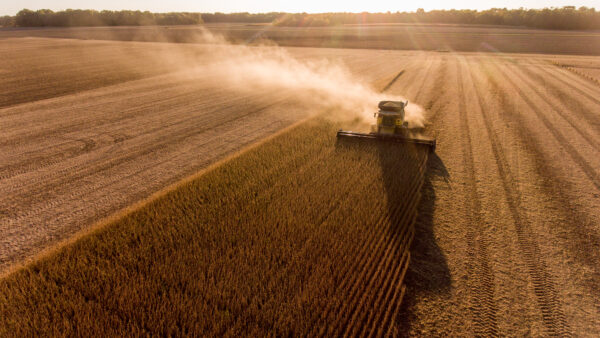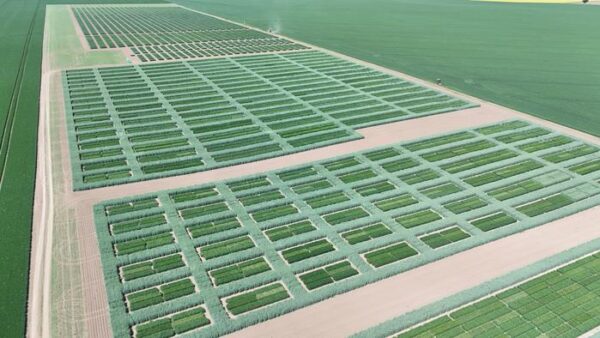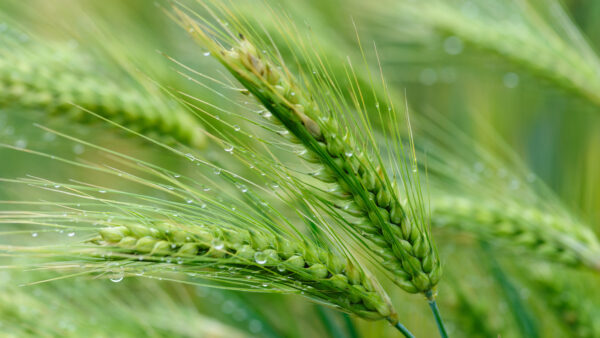University of Kentucky (UK) plant breeder Tim Phillips has developed a new tall fescue variety that is non-toxic to grazing animals.
The variety, Lacefield MaxQ II, is the result of selections Phillips, a member of the UK College of Agriculture, Food and Environment, made from endophyte-free Kentucky 31 and related lines. Phillips named the variety for UK Professor Emeritus Garry Lacefield upon his retirement to honor his numerous contributions to the forage industry and to the college.
Lacefield MaxQ II contains a novel endophyte developed by AgResearch in New Zealand. While active, the endophyte does not produce the ergot alkaloids that can cause fescue toxicosis, a disease that primarily affects cattle but can also negatively impact pregnant mares and milk producing goats. The active alkaloids in the variety give it drought tolerance, insect resistance and help with vigor.
“It has the persistence and performance of the endophyte found in Kentucky 31, but it doesn’t have the bad qualities of that endophyte,” Phillips said. “It’s the best of both worlds.”
The variety has been tested for 12 years in on-farm trials at UK’s research farms, private Kentucky farms and farms located from Michigan to Mississippi. Phillips said it has tested well in all locations for seeding vigor, high yield potential, grazing tolerance, live weight gains by stocker cattle and resistance to winter injury.
“It’s Kentucky born, Kentucky bred and Kentucky proven to excel,” he said.
When compared with Jesup, the first commercially available tall fescue variety containing a novel endophyte, Lacefield MaxQ II was later flowering in Kentucky, which would allow it to be available to animals for a longer period of time. Scientists in the U.S. Department of Agriculture Forage-Animal Production Research Unitconducted the comparison study on UK’s C. Oran Little Research Farm in Versailles.
Lacefield MaxQ II is expected to be commercially available in 2017.











